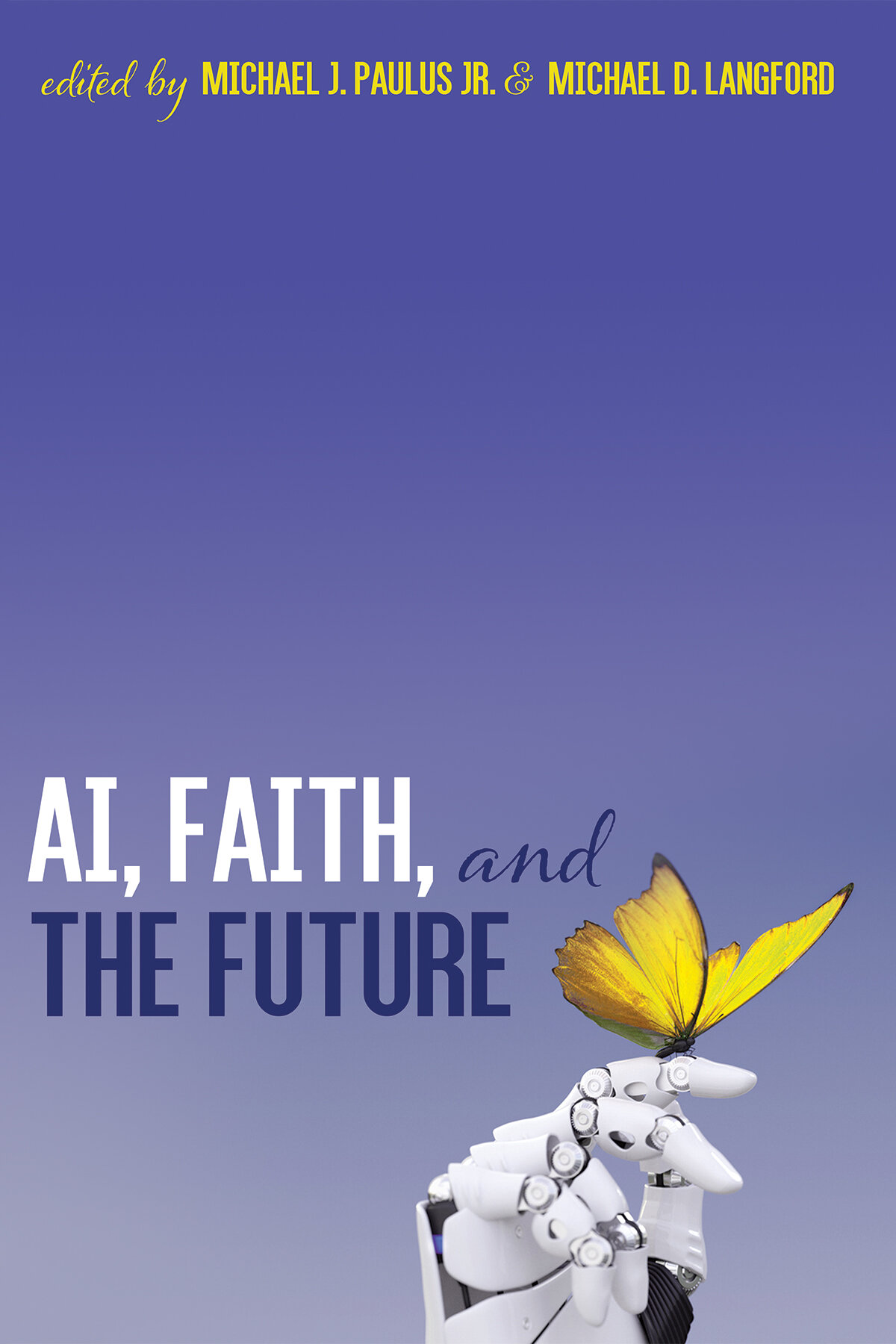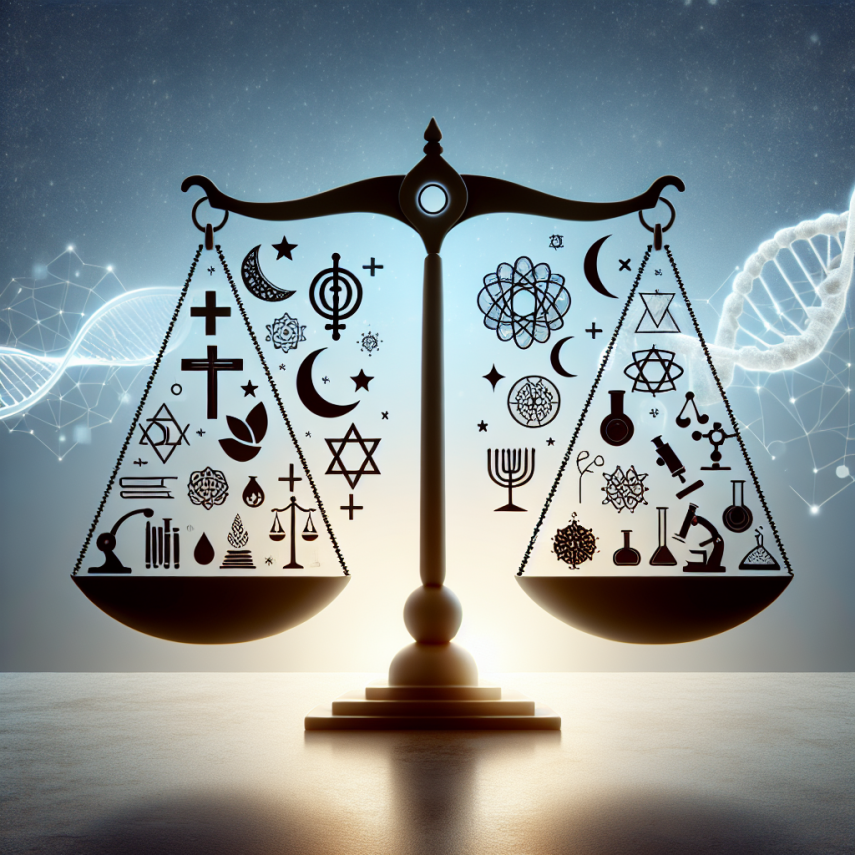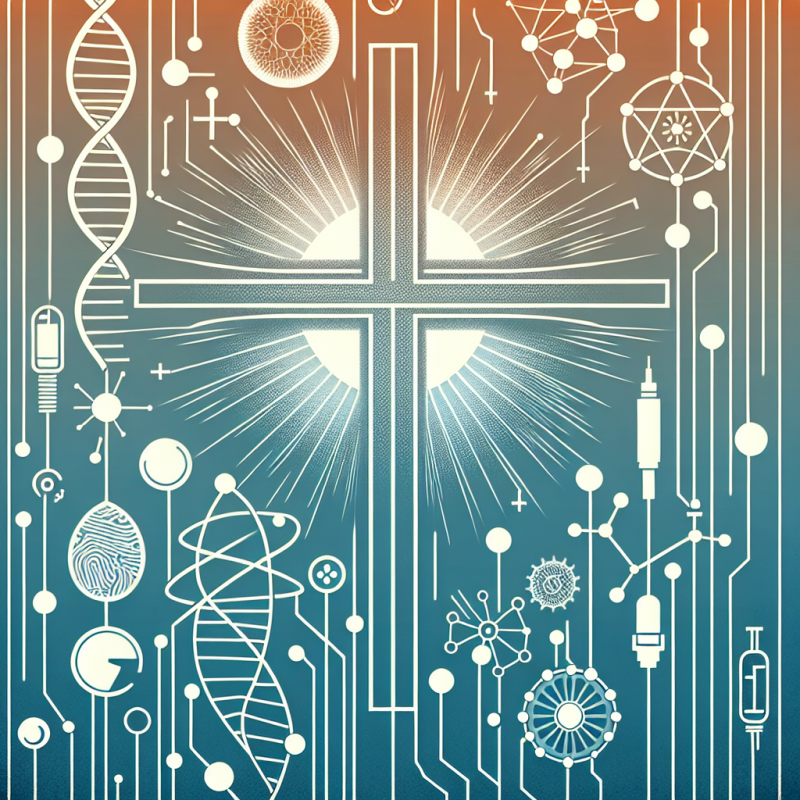Uniting Faith and Science Under the Principle of Good Explanation
As someone who has navigated a journey both steeped in faith and guided by scientific inquiry, I’m fascinated by how these two domains, which are often seen as distinct, can be united. A striking bridge between faith and science that has shaped much of my understanding is the principle of what I call Good Explanation. In both my experience with Christian spirituality and my background in science and technology, I have found that truth—whether spiritual or empirical—can be best understood through explanations that are hard to vary while still accounting for what they claim to explain. This is a concept that has profound implications for not only our understanding of God and creation but also in the broader pursuit of knowledge.
As I reflect on my journey, having been involved deeply in fields like artificial intelligence and yet also seeking a meaningful connection with God, I see more than ever why Good Explanation is key. This concept not only helps guide scientific discovery but also offers a pathway to a more resilient and profound faith.

The Principle of Testability in Faith and Science
In the realm of science, one of the foundational principles is testability. Without a way to test hypotheses, we cannot claim genuine knowledge. However, as my faith deepened, especially during periods of doubt and adversity, I came to realize that faith too demands a kind of testability, but through life’s trials instead of controlled experiments. The Bible speaks to this in passages like The Beatitudes, which highlight experiences like poverty, mourning, and persecution as arenas where faith is ‘tested’ (Matthew 5:3-12). These trials serve as the refining fire where our deeper connection with God’s truth is revealed.
Just as previous articles on this blog have explored, the laws of nature can be seen as a reflection of God’s design, where good explanations provide clarity and reveal deeper truths. Indeed, personal trials in times of health scares or professional adversity have tested my faith, much in the same way we might test a scientific theory. These moments revealed that, like a good scientific theory, true faith is resilient and stands strong under pressure.

The Aesthetic of Faith: Beyond Testability to Good Explanation
Yet, not everything in this world can be neatly tested and quantified, especially in the realms of beauty, morality, and faith. There’s an elegance in the universe that, as an observer of both the physical and the spiritual world, I find to be in harmony with Good Explanation. This is where I see science and faith converging. While science asks us to strive for testable truths, faith provides answers that aren’t always subject to empirical scrutiny but instead resonate on a deeper, often harder-to-vary, explanatory level.
Take, for example, the issue of aesthetics. We may not be able to quantitatively ‘prove’ why Mozart’s symphonies sound better than rocks being banged together, but it is no less true. This resonates with the Christian understanding of beauty, goodness, and truth. In essence, Good Explanation transcends what is merely testable and reaches into the heart of our spiritual experiences and understandings. Just as in the parables of Jesus, which hold timeless truths despite their simplicity, the deeper explanations of beauty and morality that faith offers are not easy to vary and hold consistent meaning over time.
Unity in Diversity: Science, Morality, and Spirituality
While engaging with technology and consulting, I’ve often reflected on how both science and faith offer truths that appear in different forms but ultimately share a common thread: the search for objective truth. Just as the principle of testability applies in science, in the realm of human experience, morality, and spirituality, we see a unified system governed by Good Explanation. As I’ve navigated the challenges of life—from illness to professional setbacks—these truths have manifested powerfully, often offering clarity and guidance when empirical evidence alone would fall short.
Science itself relies on moral values like honesty, integrity, and respect for truth—the very virtues that stem from deep-rooted Christian ethics. Without these, science loses its foundation. The mandate to engage with culture and media from a Christian perspective also finds parallel here, as we apply our values not just to our pursuit of knowledge but to our engagement with the world around us.
Application in Real Life: Pursuing Good Explanation in Everything
As a Christian who has engaged deeply with science and technology, my pursuit of Good Explanation isn’t confined to a laboratory or office space. It’s woven into the fabric of my everyday life. Whether navigating my personal faith or developing ethical technology, I seek to understand and explain the world in a way that can’t easily be varied, holding firm to both my technical expertise and my spiritual convictions.
This concept is especially valuable for fellow believers who, like me, wrestle with reconciling the empirical demands of their daily work and the spiritual aspects of their faith. Embracing the principle of Good Explanation helps us see that all true knowledge, whether scientific or spiritual, is united by a common pursuit of truth—truth that stands under the weight of both scrutiny and faith.
In closing, it’s essential to acknowledge that, in both faith and science, we are on a journey bound not purely by measurable outcomes but by the integrity of the explanations we pursue. Good Explanation, whether found in the intricate algorithms that govern AI or in the profound simplicity of the gospel, brings harmony to our understanding of the world and God.

Focus Keyphrase: Good Explanation




One of the most profound insights of my journey has been how faith and science share much more common ground than we may initially think. By leveraging the principle of Good Explanation, we not only strengthen our understanding of the material world but also deepen our faith in God’s design.
This concept of Good Explanation really resonates with me. The idea that truth, whether in science or faith, must withstand scrutiny feels spot on. I often think about how my own challenges have tested my faith. Trusting that spiritual truths, even when unquantifiable, hold up under life’s toughest trials has been key to my healing process. Thank you for presenting this so clearly.